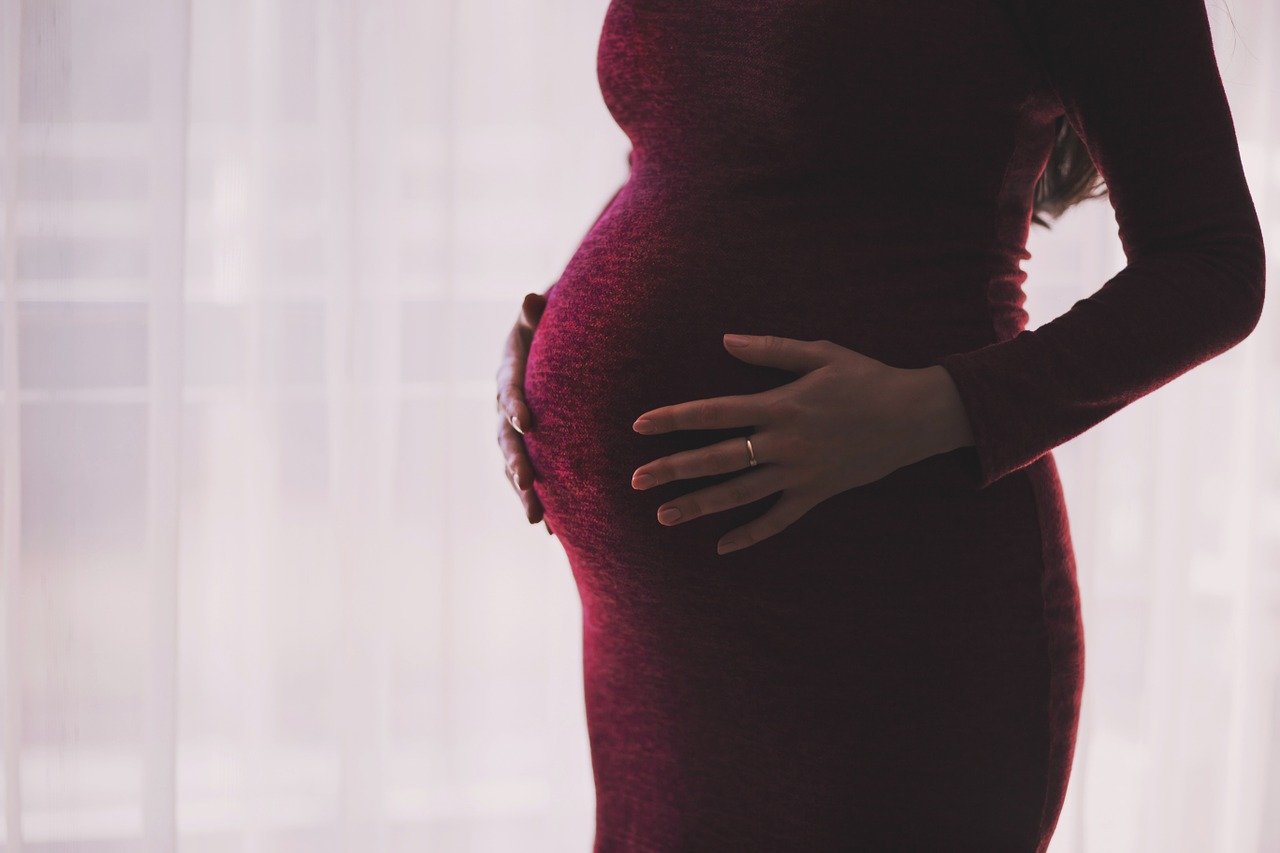KUALA LUMPUR, Jan 4 – In 2021, Malaysia recorded its highest maternal mortality rate in decades at 300 pregnancy-related deaths, or a maternal mortality ratio (MMR) of 68.2 for 100,000 live births, according to the Department of Statistics Malaysia.
This was more than double the figure of the previous year, which was 24.9 for 100,000 live births.
“We haven’t seen such a high figure since the 1980s,” said Dr John Teo, consultant obstetrician and gynaecologist at the Malaysia Women and Girls Forum 2022 held last December 15.
The pandemic exacerbated the problem of access to health care for women, particularly pregnant women, he said, adding that there are three main factors affecting maternal mortality, which are antenatal care, safe delivery, and family planning.
“During the pandemic, access to antenatal care decreased because of movement restrictions and so on and so forth. Women were worried about going to health care facilities because of fear of contracting Covid,” said Dr Teo.
“And in particular, pregnant women, they would rather stay home.”
He added that the immigrant population, which already had great difficulty accessing the health care system in normal times, faced even more barriers during the pandemic with ongoing enforcement activities.
“That exacerbates the problem to the point of sometimes no access. So, all this contributed,” he explained.
The delay in vaccinating pregnant women was also a crucial factor that contributed to the higher rise of maternal mortality, Dr Teo said.
“We started vaccinating pregnant women much later. Even at the start, there was confusion about who should be vaccinated and so on and so forth.”
Aside from lack of access to adequate antenatal care, the ability to have safe deliveries was also compromised during the pandemic.
“And of course, they (pregnant women) have difficulty in reaching public facilities or hospital facilities to have safe delivery,” said Dr Teo.
“Coupled with the fact that we have a system that is overwhelmed with so many in-patients and ICUs that are full, and that is a natural consequence of what has happened.”
He added that family planning was also put on the back burner during the pandemic.
“When the movement control order (MCO) restrictions were released, family planning was not considered an essential service. And so, some family planning clinics had to actually close down.
“So instead of enhancing services and making sure that services and supplies are there, it actually decreased,” he explained.
While the solutions to halting the increase in maternal mortality are complex and multiple, Dr Teo said the key is to ensure women, especially pregnant women, are at the forefront of policy and research.
“So that if we were to actually start vaccination, start early. We also have to make sure they get access to antenatal care quickly. And to ensure that during the pandemic, there is no hindrance or barriers towards safe delivery.
“With family planning, if you meet all the unmet needs (such as contraceptive services), you can actually decrease maternal mortality by about 30 per cent. If we can do that and put it at the forefront, then I think that will be something that can help in the future.”
According to the World Health Organization, Malaysia’s MMR fell from 141 deaths per 100,000 live births in 1970 to 28.8 in 2007 and further declined to 25 in 2017.
However, in the last decade, the MMR in Malaysia has remained consistently in the 20 to 30 range per 100,000 live births, with barely any improvement until it skyrocketed in 2021.
In comparison, the average rate of maternal mortality in the European Union is eight deaths per 100,000 live births.
Countries like Poland, Greece, Finland, and Sweden have an even lower rate at three to four per 100,000 live births.










